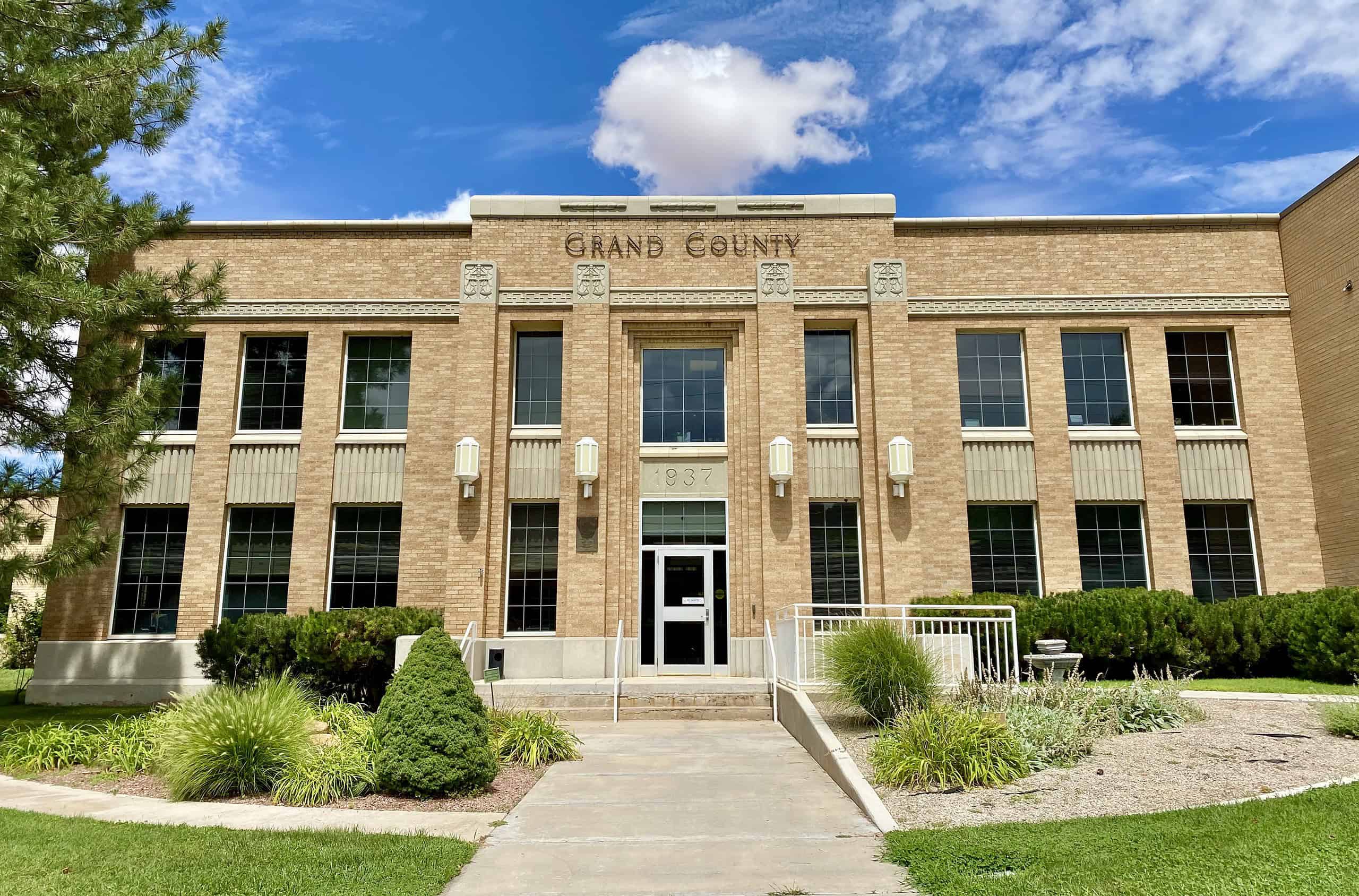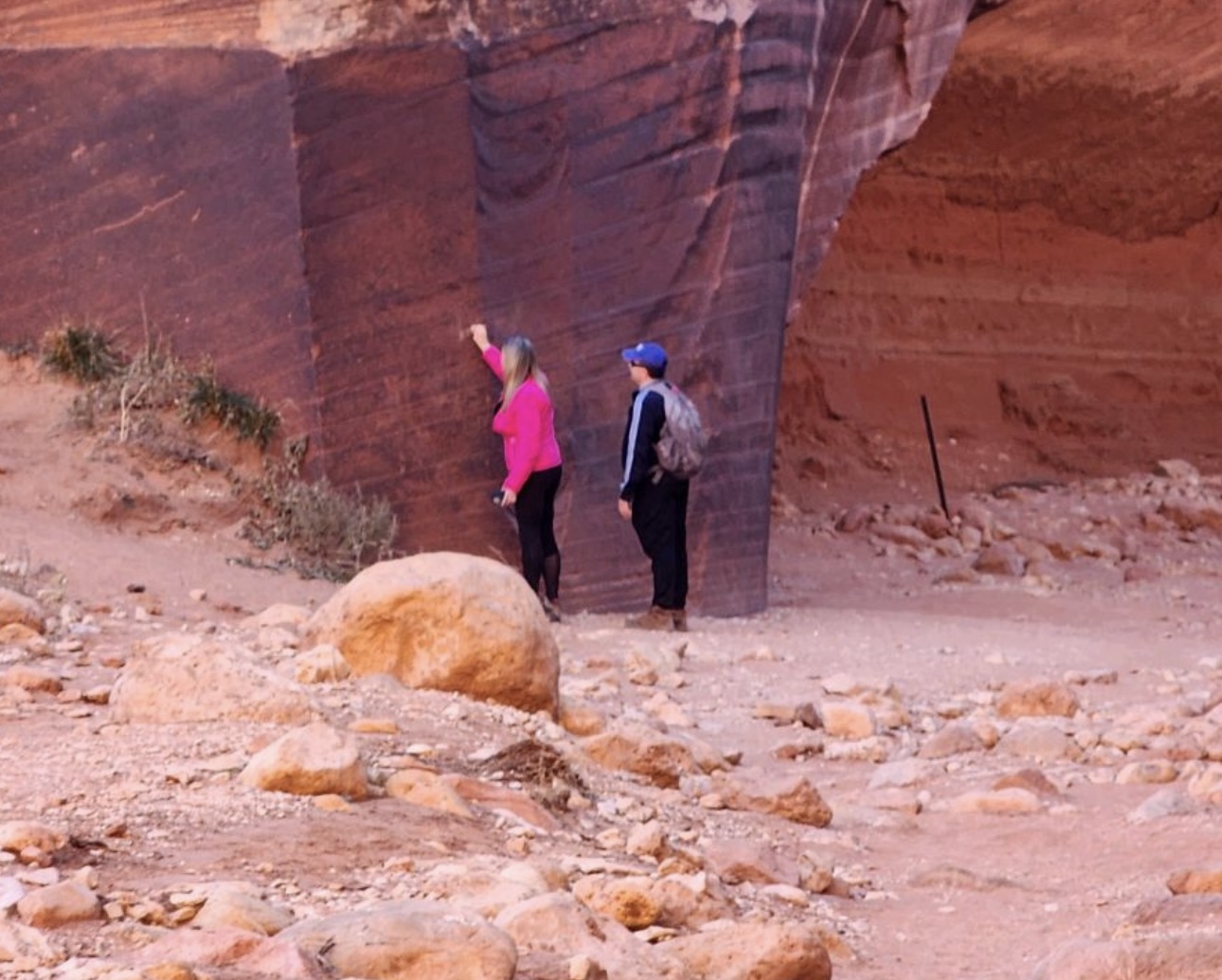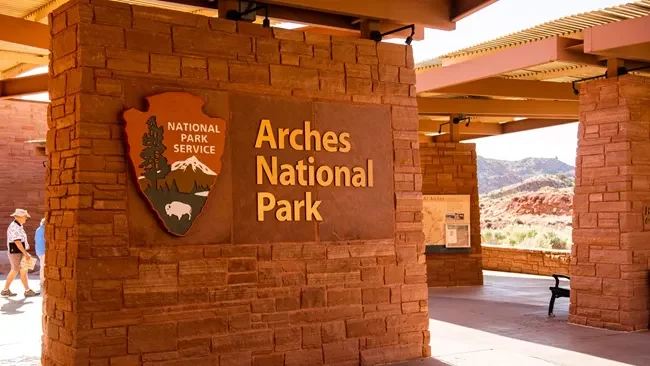Some information may be outdated.
“If you aren’t able to explain your process, you really don’t have one,” said Grand County Administrator Mallory Nassau at a county commission workshop on the special events permitting process held before the regular commission meeting on Sept. 20. County staff have been working on revising and streamlining the process through which applications for special events are reviewed and approved, while fulfilling the commission’s request that motorized events or events with a high impact come before the elected commissioners for final approval.
Nassau described the current process: applicants must first submit their intent to apply for an event permit to the Special Events Advisory Committee. The deadline is 120 days before the proposed event date, and the document includes basic information such as the date, sponsor, type of event and components of the event. The Special Events Advisory Committee evaluates whether the application needs to be reviewed by the county commission for final approval, or whether the committee can conduct the final review; that’s determined based on a set of criteria listed in an ordinance updating the special events permits process that was passed this spring.
Events may be subject to evaluation by the county commission if they may impact county services or pose risks to public health, safety, peace, comfort or welfare; if they require an exception to the noise ordinance or a temporary land use not listed in the county’s land use code; involve ATVs; are likely to draw over 1,000 attendees per day; or are likely to generate unbudgeted costs for the county, such as staff time or public safety measures. The criteria were established with the hope of tightening management of events in the county and reducing, minimizing, or spreading out impacts, while also ensuring a variety of quality events throughout the year.
If the event is approved by the Special Events Advisory Committee, the applicant is invited to fill out a complete application, which is a more detailed and involved process: depending on the nature and scope of the proposed event, it must be reviewed by referral agencies such as Emergency Medical Services, law enforcement, and/or the health department. Under the current process, the county commission doesn’t consider events for approval until the full application is submitted; this has been problematic because organizers must invest significant time and resources into completing a permit application before they have assurance that their event will be approved. In turn, commissioners feel uncomfortable denying permits for events in which organizers have already invested time and money.
“What we’ve heard with recent events is that it would be ideal to have that ‘intent to apply’ come to the commission, versus the last piece,” Nassau said.
The commission has also asked staff to tweak the application process so that they can review permit applications in large batches that represent a big part of the calendar, rather than seeing just a few at a time. That way, they can consider the impacts of all events happening at once. For example, if there are multiple events scheduled for the same weekend, commissioners may consider denying applications for more events that weekend. Or, if there are several events of the same type already scheduled, the commission may favor an event application that offers more variety over more events similar to things already happening.
The new process would require organizers to submit applications based on a quarterly deadline. All events scheduled to occur between January and March, for example, would have to submit before the deadline for that quarter.
“I know that will be a challenge and something a lot of people won’t love,” Nassau acknowledged, but she emphasized that outreach to organizers and proactive education about the new process will help applicants adapt.
County staff were hopeful that the commission would approve a full-time Special Events Coordinator position to serve as a single point of contact for event organizers; during the regular meeting, the body did approve such a position. The new coordinator will report to Old Spanish Trail Arena Director Angie Book. The commission also approved the purchase of a new software called Eproval, for a cost of $15,000, that will eventually host the special event permit application process.
“This is a really cool, sleek processing platform for the special event applications, but it also has the capacity to do a few other things,” Nassau said. It can also host applications for film permits and grants from the Economic Development Department. To begin with, it will just host the grant applications.
Staff will also redraft the criteria that determine whether an event is “low impact,” meaning it can be approved by the Special Events Advisory Committee, or if it needs to be reviewed by the commission. Commissioners gave an unofficial thumbs-up to a rough list of considerations: the expected economic benefit of an event; the variety or diversity an event offers; its impacts on community wellbeing and residential neighborhoods; the likelihood that Grand County residents will participate; whether the event is conceived and/or sponsored locally; and, for recurring events, their track record. Consideration of a new ordinance outlining an updated process for special event permits was on the agenda for the Sept. 20 meeting, but commissioners voted to postpone it to the following meeting so staff could incorporate suggestions made during the workshop.
Appreciate the coverage? Help keep local news alive.
Chip in to support the Moab Sun News.





